Ramayana, the timeless epic of love and sacrifice, is being brought to the stage in Karachi — again
The story of good triumphing over evil has long moved the imagination, keeping audiences hoping and dreaming. Among these stories of good versus evil, the Ramayana stands tall — a powerful legend transcending borders, beliefs and generations. Though a story coming out of a distant age, it continues to resonate with millions around the world.
Last November, this epic came to life in bold and breathtaking fashion at The Second Floor (T2F) in Karachi. It wasn’t just a performance — it was a defining cultural moment. Now, it’s back, bigger and better than ever, at the Arts Council of Karachi this weekend.
Directed by Yogeshwar Karera and produced by Raana Kazmi — both part of a dedicated drama group called Mauj. — the play marked a significant milestone in Pakistan’s theatre history when it was shown earlier. That a group of Pakistani actors was telling a story rooted in Hindu mythology on a local stage was not just an artistic choice — it was a statement of inclusivity.

I was among the few privileged to witness this delight last year and it held my attention from the second the actors stepped on stage.
The storytelling was sincere, the performances layered with restraint and nuance, and the stage, featuring dynamic lighting, soulful live music, colourful costumes and minimal yet evocative design, enhanced by the smart use of AI, heightened the acts without overwhelming anything.
This was a production that deeply understood its source material, treating it not as a spectacle but as a sacred narrative.
A few days before the second run of Ramayana I spoke to Karera and Kazmi as they reflected on what it meant to stage the show in Pakistan today.
“I never once thought that staging the Ramayana would be a threat or disliked by anyone. This story has inspired me, and I wanted to bring my version of the Ramayana to life as a visual treat and grandeur it deserves. I genuinely believe Pakistani society is more tolerant than it’s often given credit for — and I was sure it would be well received,” Karera shared.

As things were intentionally kept minimalistic, a special focus was placed on each character’s presentation. Kazmi as Sita was especially moving, expressive yet resilient, grounded in quiet strength. Ashmal Lalwany as Ram, poised and full of grace, offered a portrait of calm reason and emotional depth, and Samhan Ghazi as Raavan was ferocious — exactly as he should be.
The cast also includes Aamir Ali as Raja Dashrath, Waqas Akhtar as Laxman, Jibran Khan as Hanuman, Sana Toaha as Rani Kaikeyi and Ali Sher as Abhimantri, with live vocals by Monica Ahmed.
Reflecting on the characters, the set design, and the performance as a whole, Kazmi said, “Since the day Yogi brought up the idea, we at Mauj. were immediately intrigued — drawn to the story’s boldness and grandeur. Somehow, we just knew this would be something special, both to perform and to watch as an audience.”

As a viewer, one of the most gripping aspects was the use of AI in shaping the sets and how it brought the entire act to life. The AI-generated visuals synced seamlessly with each scene — from trees gently swaying in the wind to the Raja’s palace creating a grand setting — all coming together beautifully to transport the audience to the ancient world of the Ramayana.
On this use of AI, Kazmi explained, “Why not use the tools that exist, especially when they can elevate the experience? AI enhanced our sets tremendously. People have used projected stills before — but AI-generated is something I haven’t seen that done in Pakistan before until we experimented.”
More than a performance, what unfolded was an immersive reimagining of the Ramayana — not as a distant myth, but as a living, breathing experience. Karera and the rest of the team transformed the ancient tale into a vivid tapestry of meaning, where every gesture, note, and flicker of light worked in harmony to echo lessons of love, the triumph of good over evil, family, and more — all conveyed with grace and dignity.

In a country often viewed through the lens of a single faith, this performance quietly asserted that cultural heritage cannot — and should not — be confined by religious boundaries. It reminds us that when told with such care, these stories can resonate far beyond their origins.
This wasn’t just a play. It was a quiet revolution; one told with grace, passion, and, most of all, heart.
Ramayana is being staged at The Arts Council of Pakistan in Karachi from July 11 to 13.



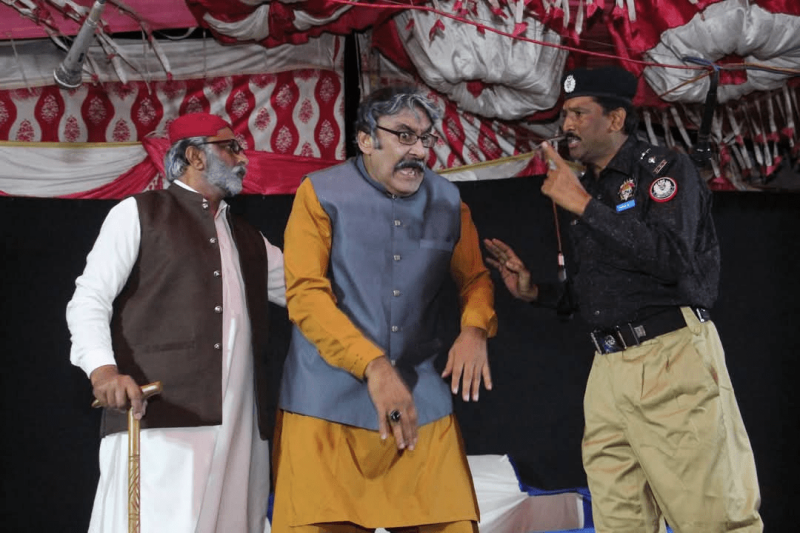

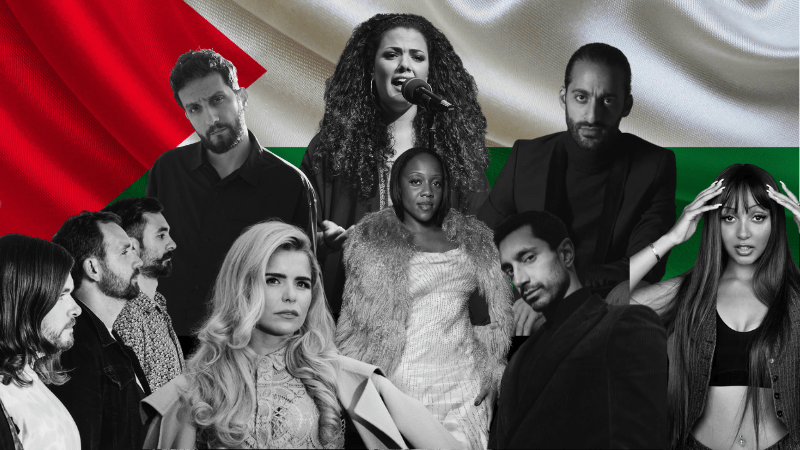
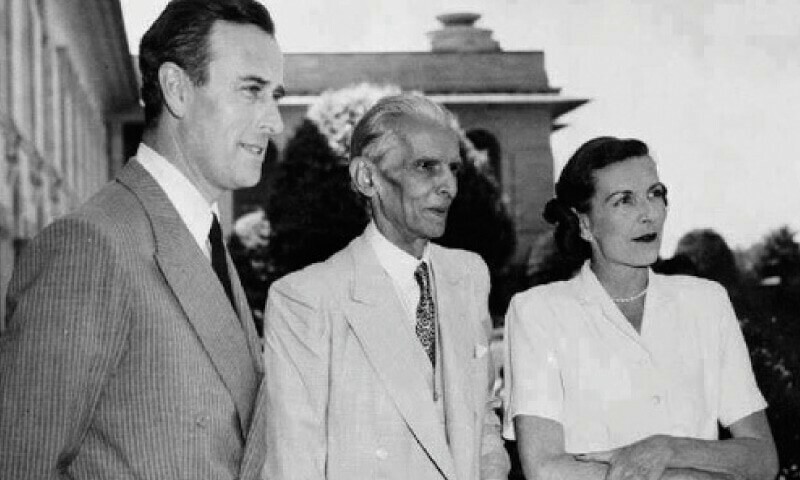

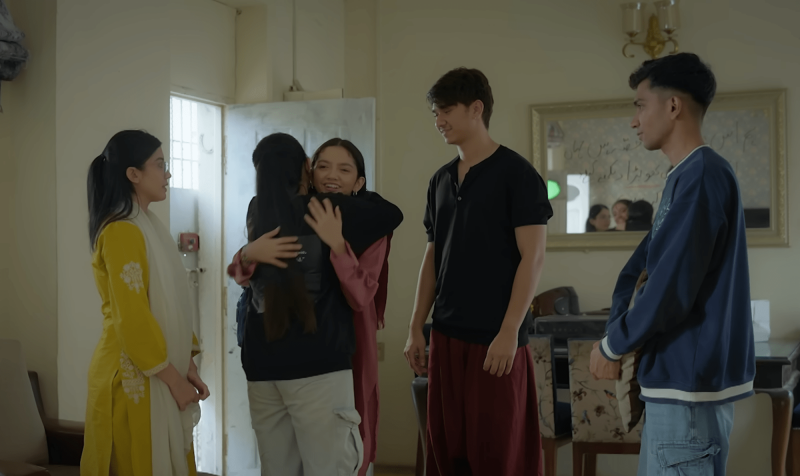

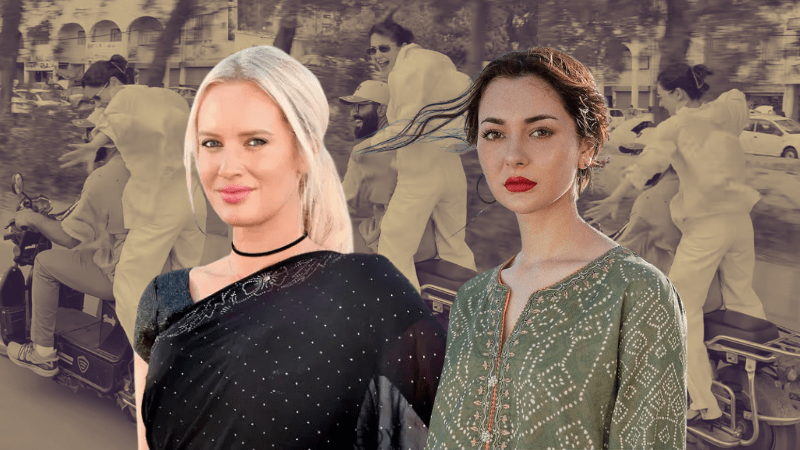
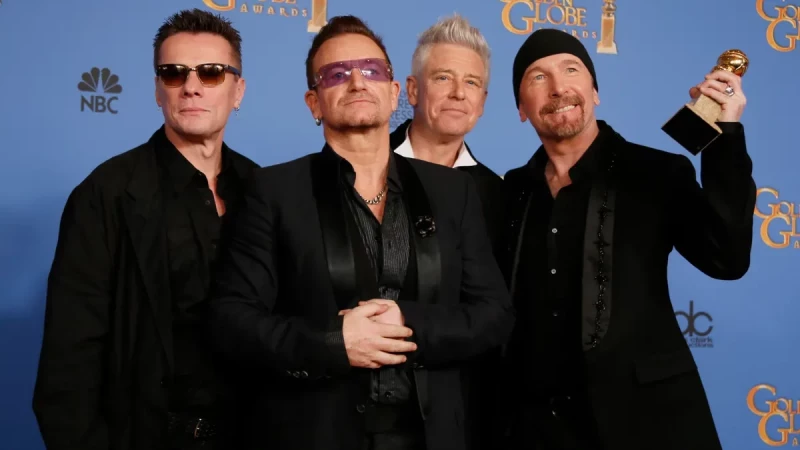


Comments